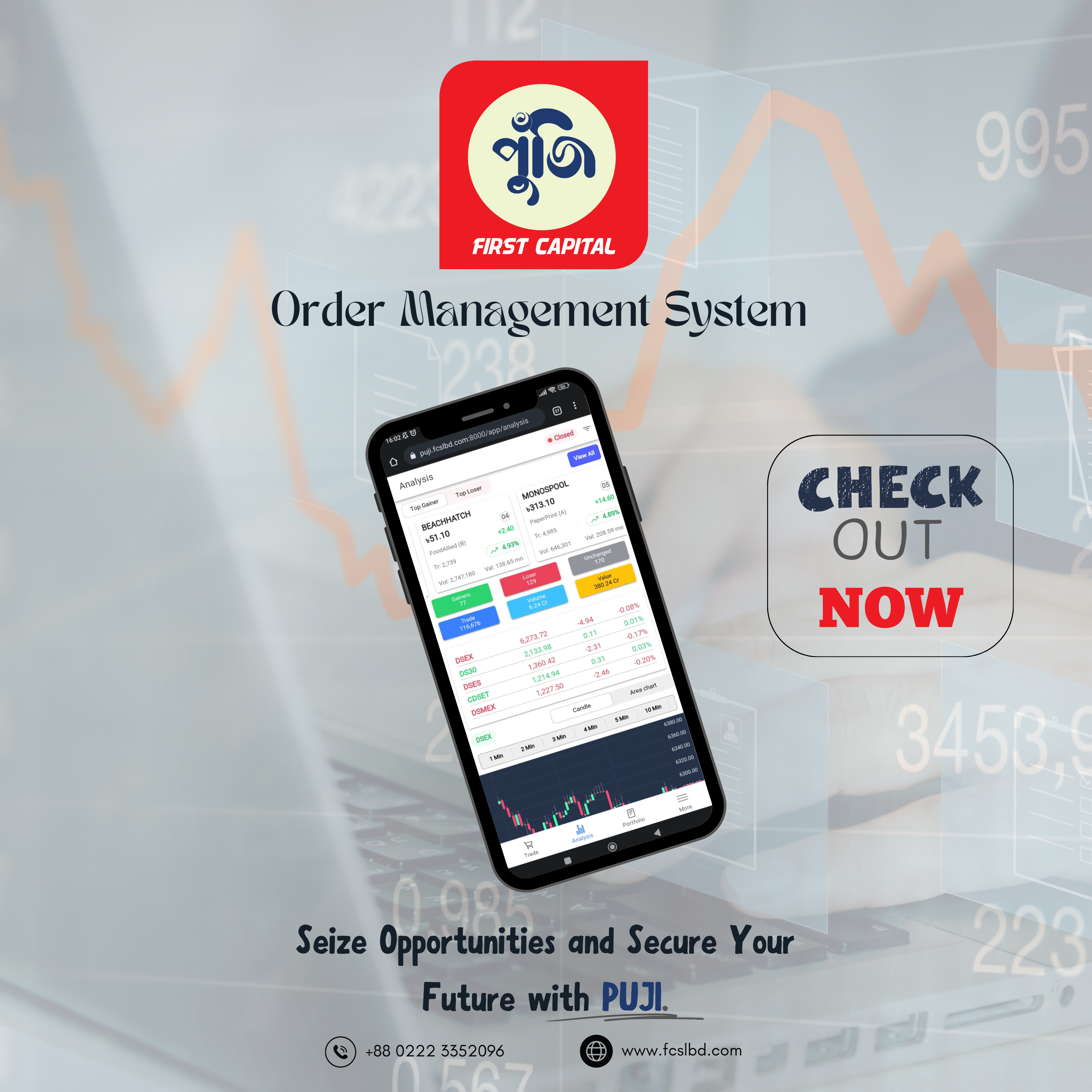Global food prices fell by an average of 13.7 per cent in 2023 compared to the previous year, according to data, as Bangladesh defied the trend by experiencing a puzzling 10.06 per cent increase during the same period.
The latest data from the Food and Agriculture Organisation (FAO) of the United Nations show a point-to-point decrease of 10.1 per cent in food prices in December 2023 compared to December 2022.
The FAO report said that the international sugar price index was the only one to rise over the year.
Meanwhile, Bangladesh’s food inflation (point-to-point) soared from a minimum of 7.76 per cent in January to a maximum of 12.54 per cent in August, according to the Bangladesh Bureau of Statistics (BBS).
The BBS data suggests the average food inflation in 2023 was not less than 10.06 per cent, according to Adnan Al Nahiyan, an economics lecturer at Jahangirnagar University.
He pointed out a curious mismatch between local and global price movements by saying, “While local traders readily adjust to global price hikes, their response to declines is far more muted.”
This adjustment sluggishness, he argued, explains why Bangladeshi food prices continued to rise even as global prices plummeted by over 20 per cent between March and June 2023.
This disconnect leaves low-income and lower-middle-class families in Bangladesh particularly vulnerable.
The World Bank (WB) reinforces this concern. Its recent report reveals that high food inflation persists in Bangladesh, with rising food prices a major worry for 71 per cent of households.
The WB December 2023 Food Security Update classified Bangladesh in a category of countries facing moderate inflation based on data from October to November 2023. Food inflation in neighbouring India, Sri Lanka, Afghanistan, Bhutan and Nepal was lower than in Bangladesh during this period, while Pakistan experienced significantly higher rates.
Ghulam Rahman, president of the Consumers Association of Bangladesh (CAB), blamed the government for its “lenient stance”, letting traders “manipulate” the market.
“Escalating food prices are the evidence of their profiteering activity,” he added.
Referring to the recent “abrupt surge” in onion prices by Tk 50-60 per kg almost overnight after India extended its export ban, Ghulam Rahman advocated for stringent actions to deter such practices.
Professor Selim Raihan, executive director of the South Asian Network on Economic Modeling (SANEM), reminded the “brutal” 12.54 per cent food inflation in August 2023 — the highest since October 2011.
He said the average general inflation for 2023 reached 9.42 per cent by November, while wage growth for low-skilled workers lagged at 7.72 per cent.
“This translates to a substantial real income loss for millions of people,” said the SANEM executive director.
Source: thefinancialexpress




